Sewer backups, the homeowner equivalent to being up a creek without a paddle. A sewer backup refers to the flow of wastewater into a home due to blockages or damage in the sewer lines, heavy rainfall, or overwhelmed sewer systems. It can cause damage and pose a health hazard. In order to get you the best information on sewer backups, we have created this comprehensive guide to help you make the most informed decision.
A fair warning, sewer backups are not pretty and content in this article might be a tad nauseating.
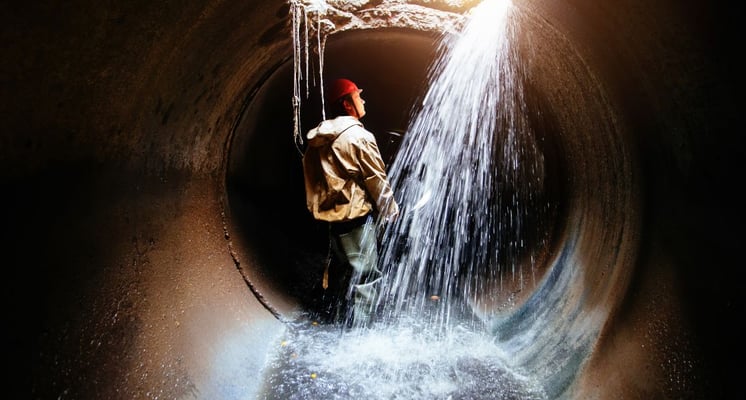
What causes a sewer backup?
1. Clogs and blockages
Grease, hair, and other debris can build up in the pipes over time, creating blockages that can lead to a backup. These clogs can form in the pipes leading into your home, or in the main sewer line running under the street.
2. Root Intrusion
Tree roots can grow into and block the pipes, causing a backup. This is more common in older homes but can happen in newer homes.
3. Pipe corrosion or deterioration
Over time, pipes can corrode or deteriorate, causing them to become weaker and more susceptible to blockages and backups. Rust in pipes can accumulate quickly.
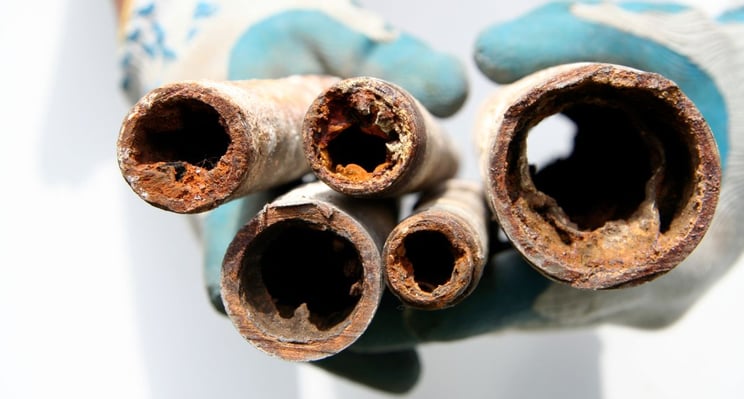
4. Heavy Rainfall or Flooding
Heavy rainfall can overwhelm the sewer system, causing backups. Similarly, flooding can cause water to enter the sewer system through cracks in the pipes, causing blockages.
5. Municipal Sewer System Issues
Sometimes the problem may not be in your home's plumbing, but rather in the municipal sewer system. Overflow or malfunction in the municipal system can cause backups in your home.
6. Improper disposal of waste
Flushing non-biodegradable materials such as wipes and sanitary products can cause blockages in the sewer lines and lead to backups. Don't put things down the drain that don't belong there.
7. Structural Issues
If the building is not properly connected to the sewer system, or if there are cracks or leaks in the foundation, it can cause backups in the building.
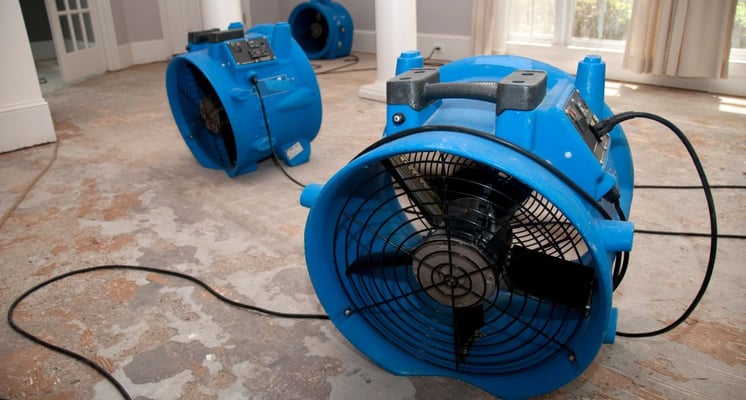
What are the contents of sewer backups?
1. Human Waste and Toiler Paper
Yes, unfortunately one of the most dreaded parts of a sewer backup is the waste products that come with it. Additionally, this particular waste product tends to float near the top of standing water which means that it is usually the first thing to come up when there is a backup.
2. Greywater
Unlike other wastewater, greywater is considerably less disgusting to deal with. Grey water comes from the waste water of your showers, sinks, dishwasher, and washing machines.
3. Rainwater
As previously stated, heavy rainfall and flooding can cause a sewer backup. It is important to note that rainwater in a sewer backup can still carry dangerous bacteria and other contaminants.
4. Solid Debris
Grease, oil, food scraps, kids, toys, golf balls, pine cones, shoes, or pretty much anything that someone might have thought was a good idea to flush down the toilet could be a part of the contents. Stick around to the end to see the inspiration for this article.
5. Industrial or Chemical Waste
While I'm not trying to scare you, it should be known that depending on where your sewer backed up, you may have someone else's waste as a part of your sewer backup. Unfortunately, not everyone disposes of chemicals or other waste appropriately. This can mean that whatever someone else poured down their drain, including chemical waste, could end up coming out or your drain.
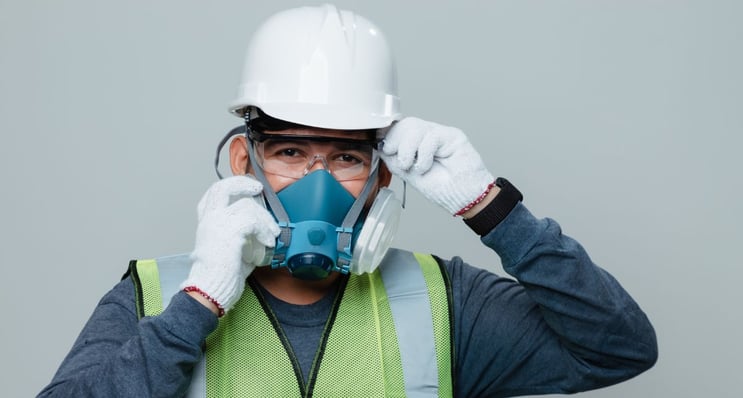
What does Sewer backup insurance cover?
1. Damage to the home and personal property
This includes damage caused by water, sewage, and mold as a result of a sewer backup.
2. Cleanup and remediation costs
This includes the cost of cleaning up the sewage and disinfecting the affected areas, as well as any necessary repairs to the home.
3. Additional living expenses
If the homeowner is unable to live in the home due to the damage caused by a sewer backup, this coverage may help pay for temporary housing and other related expenses. It is important to note that this is not available with all companies.
4. Liability Coverage
This may cover legal and medical expenses if someone is injured or becomes ill due to the sewer backup.

How much does sewer backup insurance cost?
You might be thinking, "yeah okay, you proved your point about sewer backups being an unpleasant situation. Now how much is this going to actually cost me?" Which is a fair question. Like everything else in insurance, it will really depend on the area and your postal code for what kind of cost would be associated with it. With all that being said, here is the range you can expect.
$200-$600/year
Conclusion
You might be wondering what inspired this article on sewer backup coverage. Well, one of the Armour team members has young children who made the unfortunate decision to flush an array of items down the toilet. The items included a number of golf balls and a toys. Fortunately for this particular individual, there was a member of the household who was able to clear out the lines and fix the issues before any further damage was done. That being said, if you are not someone who has the expertise and/or the equipment to properly deal with a sewer backup, you're probably going to want to have sewer backup insurance.
Does this leaving you wanting some sewer backup coverage?
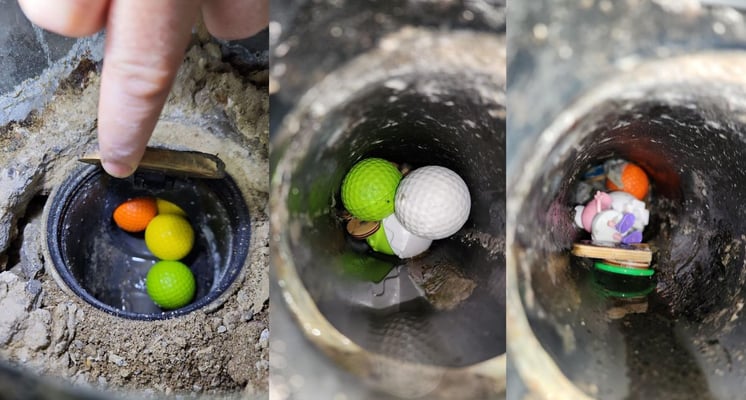 Actual photos of the debris from one of the Armour team members.
Actual photos of the debris from one of the Armour team members.







